QuickBooks ® Importing FedNow Payment File
The Best Solution for Payment Processing in QuickBooks®
Today Payments is an Authorized Reseller of Intuit offering a highly robust app that supports both QuickBooks’ desktop and online customers, provide merchants with the tools they need so they can focus more time on their customers and businesses, and less time on data entry.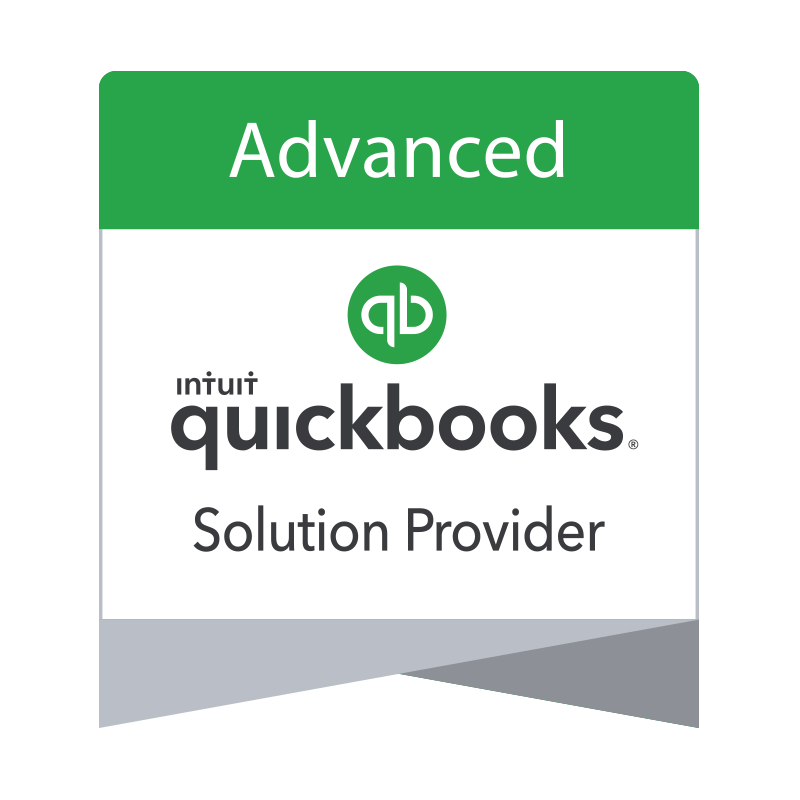
"Our Integrated payment solutions can save a typical small business owner more than 180 hours each year"
See
the features
QuickBooks® ACH, Cards, FedNow and Real-Time Payments
- Payment processing for all QuickBooks desktop, Pro, Premier, Enterprise and also QBO QuickBooks Online Our software is designed for simplicity and ease-of-use.
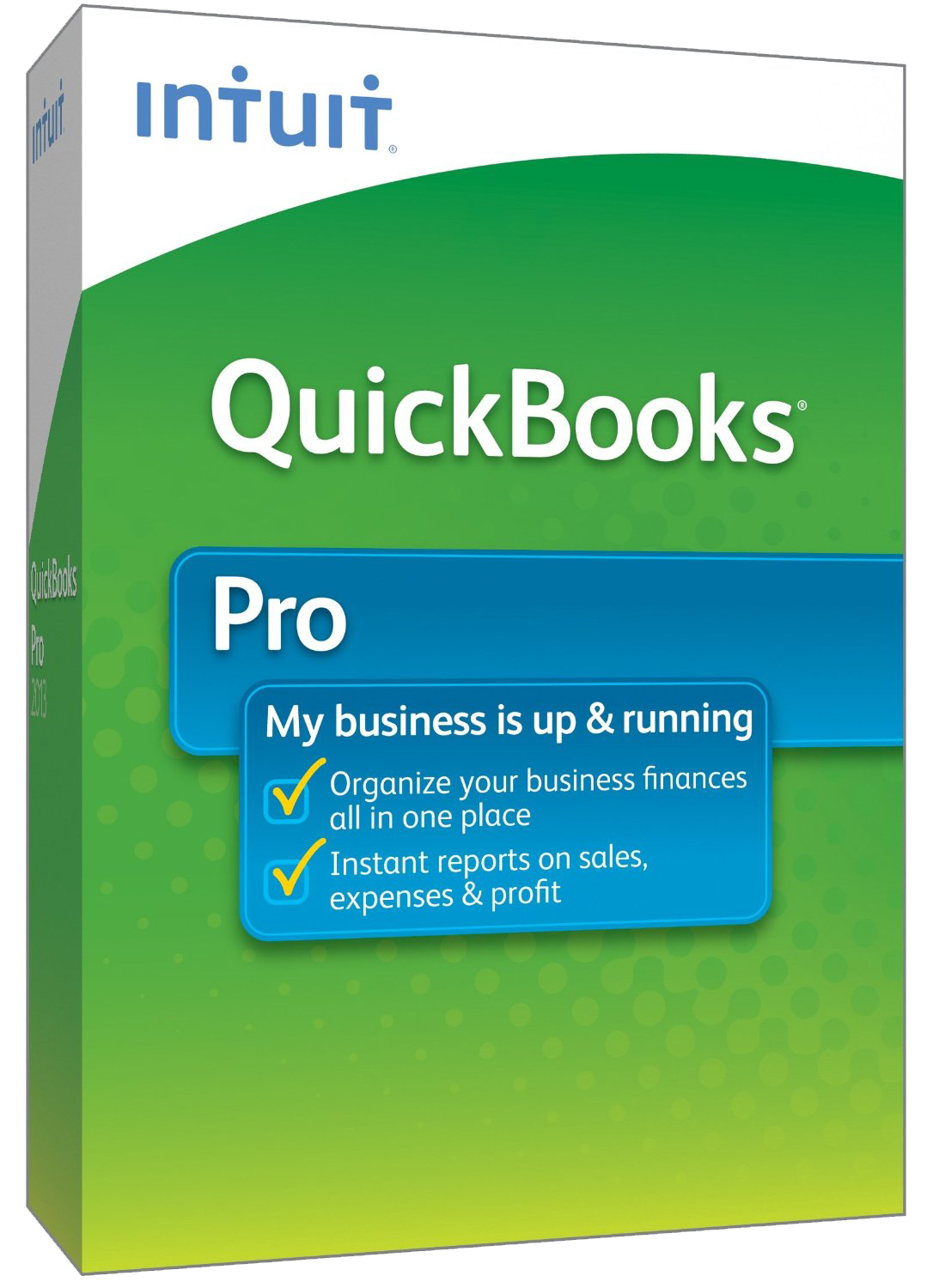
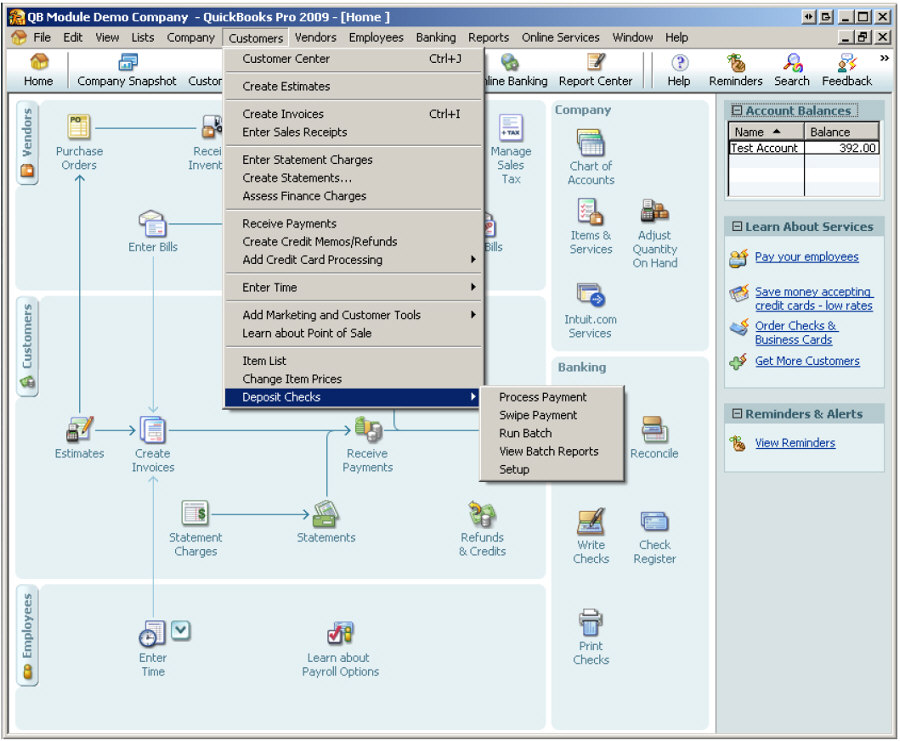
- ~ Automate Account Receivable Collection
- ~ Automate Account Payable Payments
- ~ One-time and Recurring Debits / Credits
Secure QB Plugin payment processing through QuickBooks ® specializes in the origination of moving money electronically.
Ask about our special:
Request for Payments
To import a FedNow payment file into QuickBooks Online (QBO), you'll need to ensure that the file is in a format that QuickBooks can read, such as CSV or Excel. However, direct importing of ISO 20022, XML, or JSON formats into QBO is not natively supported at this time. Below is a step-by-step guide for importing files, as well as options for working with different formats:
Steps to Import CSV File into QBO
If you're starting with ISO 20022, XML, or JSON, you will first need to convert the file into a CSV format, as QuickBooks natively supports CSV file imports.
1. Convert to CSV Format
- ISO 20022 / XML / JSON to CSV: You can use a third-party tool or custom script to convert the payment data from ISO 20022, XML, or JSON into a CSV format. There are many online converters and open-source libraries available for this task.
2. Prepare the CSV File for QuickBooks
Ensure that the CSV file is formatted properly for QBO. QuickBooks requires specific columns for importing data. For a bank transaction file (which is similar to payment data):
- Date: Transaction date in MM/DD/YYYY format.
- Description: A brief description of the transaction.
- Amount: Payment amount.
- Account: Bank or credit account number (optional depending on how you manage the file).
It is advisable to refer to QuickBooks Online's import templates to ensure correct column names and order.
3. Import the CSV File
- Go to QuickBooks Online.
- Navigate to Banking on the left-hand menu.
- Select Upload transactions or Upload from file.
- Choose CSV as the file type.
- Follow the prompts to upload and map the CSV columns to the corresponding fields in QuickBooks.
- After reviewing, click Finish to complete the import process.
Importing Files with ISO 20022, XML, or JSON Directly
As of now, there is no direct support for importing ISO 20022, XML, or JSON formats into QBO without conversion. However, for businesses and financial institutions that frequently work with these formats, integrating a middleware solution or using an accounting service provider that supports ISO 20022 or XML might be necessary.
Alternative Options:
- Middleware Solutions: Tools like SecureQBPlugin.com, Zapier or Integromat can help automate the conversion from formats like XML or JSON into CSV files or directly push data into QuickBooks using the QuickBooks API.
- QuickBooks API: If you have development
resources, QuickBooks offers an API that can be used to build a custom
integration, allowing you to push ISO 20022, XML, or JSON data into
QuickBooks directly. You’ll need to:
- Parse the ISO 20022, XML, or JSON file.
- Map the data to the appropriate fields in QuickBooks.
- Use the QuickBooks Online API to insert transactions or payments into your QuickBooks account.
- Third-Party Tools: Some third-party tools and integrators support various formats, including ISO 20022 and XML, and can sync data between your financial institution and QuickBooks.
Summary
- Convert ISO 20022, XML, or JSON into CSV using a tool or script.
- Import the CSV file into QuickBooks using the Banking section in QBO.
- Consider automation through API or middleware solutions if this is a recurring process.
Would you like further details on how to convert ISO 20022, XML, or JSON files into CSV, or need more information on QuickBooks API integrations?
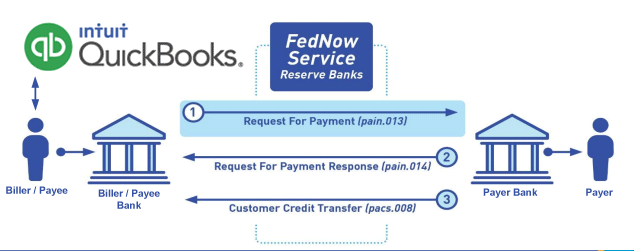
Call us, the .csv and or .xml Request for Payment (RfP) file you need while on your 1st phone call! We guarantee our reports work to your Bank and Credit Union. We were years ahead of competitors recognizing the benefits of RequestForPayment.com. We are not a Bank. Our function as a role as an "Accounting System" in Open Banking with Real-Time Payments to work with Billers to create the Request for Payment to upload the Biller's Bank online platform. U.S. Companies need help to learn the RfP message delivering their bank. Today Payments' ISO 20022 Payment Initiation (PAIN .013) show how to implement Create Real-Time Payments Request for Payment File up front delivering message from the Creditor (Payee) to it's bank. Most banks (FIs) will deliver the message Import and Batch files for their company depositors for both FedNow and Real-Time Payments (RtP). Once uploaded correctly, the Creditor's (Payee's) bank continuing through a "Payment Hub", will be the RtP Hub will be The Clearing House, with messaging to the Debtor's (Payer's) bank.
Our in-house QuickBooks payments experts are standing ready to help you make an informed decision to move your company's payment processing forward.
Pricing with our Request For Payment Professionals
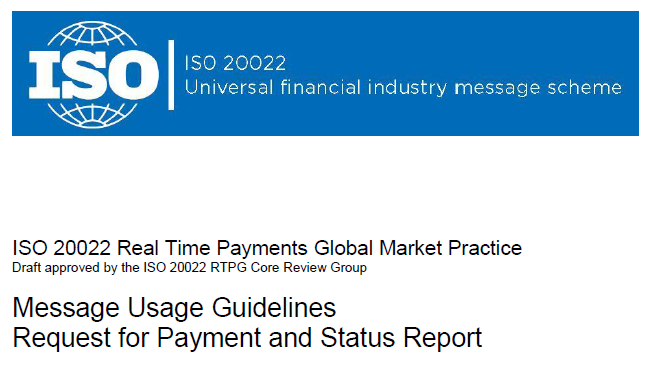
1) Free ISO 20022 Request for Payment File Formats, for FedNow and Real-Time Payments (The Clearing House) .pdf for you manually create "Mandatory" (Mandatory data for completed file) fields, start at page 4, with "yellow" highlighting. $0.0 + No Support
2) We create .csv or .xml formatting using your Bank or Credit Union. Create Multiple Templates. Payer / Customer Routing Transit and Deposit Account Number may be required or Nickname, Alias to import with your bank. You can upload or "key data" into our software for File Creation of "Mandatory" general file.
Fees = $57 monthly, including Support Fees and Batch Fee, Monthly Fee, User Fee, Additional Payment Method on "Hosted Payment Page" (Request for file with an HTML link per transaction to "Hosted Payment Page" with ancillary payment methods of FedNow, RTP, ACH, Cards and many more!) + $.03 per Transaction + 1% percentage on gross dollar file,
3) We add a URI for each separate Payer transaction. Using URI, per transaction, will identify and reconcile your Accounts Receivable.
Fees Above 2) plus $29 monthly additional QuickBooks Online "QBO" formatting, and "Hosted Payment Page" and WYSIWYG
4) Above 3) plus Create "Total" (over 600 Mandatory, Conditional & Optional fields of all ISO 20022 Pain .013) Price on quote.
Start using our FedNow Real-Time Payments Bank Reconciliation:
Dynamic integrated with FedNow & Real-Time Payments (RtP) Bank Reconciliation: Accrual / Cash / QBO - Undeposited Funds
